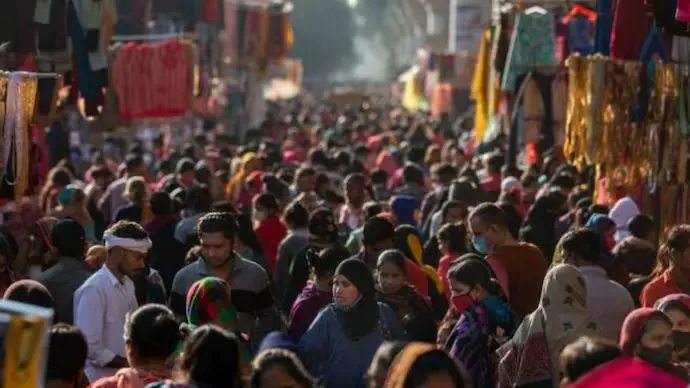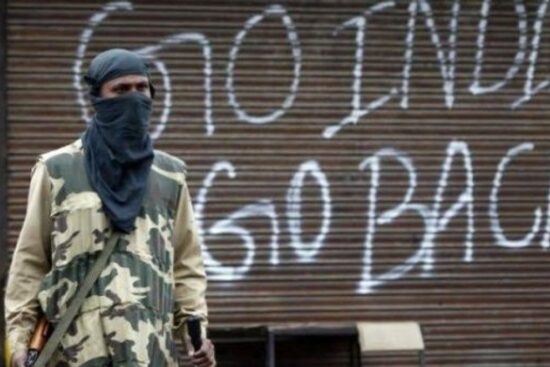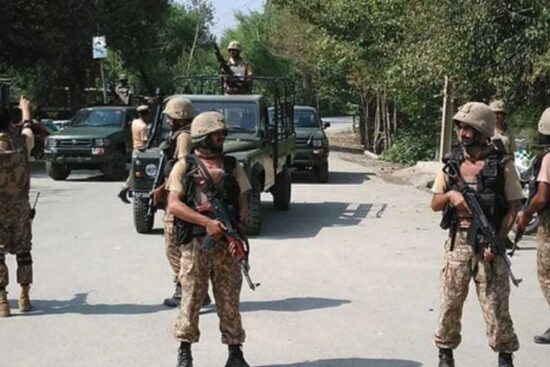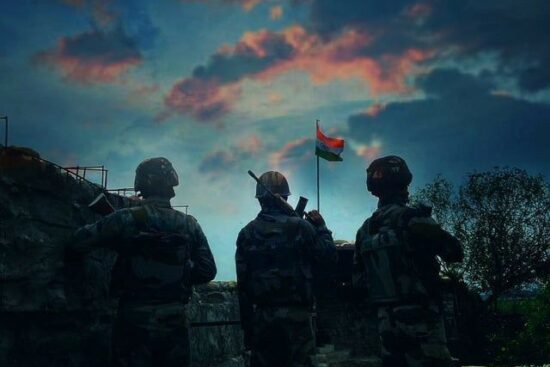
A decade ago, Fatima used to walk her village streets, peaceful sunlight dappling the pathway. Her prayer beads clicked softly, blending with the gentle chime of temple bells. Today, fear hangs heavy in the air, like a thick fog. The sweet jasmine scent has vanished, replaced by the bitter smell of burning homes. Ever since the Modi government came to power, India’s beautiful mix of religions has cracked, each piece reflecting a harsh truth: for minorities, life has become a nightmare.
Under the Modi regime, the extremist ideology of Hindu nationalism espoused by the RSS appears to have found even more fertile ground. The organization’s emphasis on a singular Hindu identity excludes and marginalizes religious minorities, leading to discriminatory policies, social alienation, and even violence. The BJP’s close ties to the RSS have amplified the organization’s influence. Incidents of hate crimes against minorities have reportedly doubled. This rise coincides with the increasing visibility of RSS affiliates in key positions within the government and law enforcement.
Cities like Delhi, Bangalore, and Hyderabad, once symbols of cultural diversity, now harbor whispers of fear and resentment towards minority groups.
Recent events, such as the mob killing of a Muslim cattle trader, Mohammad Akhlaq, in Dadri, Uttar Pradesh, or the brutal gang rape of a nine-year-old Dalit girl in Kathua, Jammu and Kashmir, reflect a disturbing trend. A Muslim man was violently attacked in Mehrauli for allegedly storing beef and a Christian pastor in Dwarka was assaulted during a prayer service. Attacks by cow vigilantes, associated with Hindu nationalist groups like Bajrang Dal, against Muslims and Dalits accused of cow slaughter or consumption have become increasingly common.
These incidents are not isolated; hate crimes against minorities, happening every 18 minutes according to the National Crime Records Bureau, serve as troubling evidence of growing intolerance. Statistics paint a vivid picture of this systemic oppression. Muslims, comprising a mere 14.2% of the population, bear the brunt of this barbarity, constituting 52% of victims. Christians, Sikhs, Dalits, and other minority groups also face a constant barrage of violence, discrimination, and social marginalization.
The Indian government’s response to dissent, particularly on the treatment of minorities, is very concerning. Peaceful protests like those against the abrogation of Article 370 in Kashmir and the Citizenship Amendment Act (CAA) have met with heavy-handed crackdowns, with over 1,000 arrests in the former and excessive force and detentions in the latter. Prominent figures like human rights activist Teesta Setalvad and journalist Gauri Lankesh have faced silencing tactics, with Setalvad’s arrest on fabricated charges and Lankesh’s tragic murder in 2017.
President of Genocide Watch, Gregory Stanton, has issued stark warnings: “We are warning that genocide could very well happen in India.” The US Commission on International Religious Freedom (USCIRF) has said that the US State Department should designate India as a “country of particular concern”. The 2023 Human Rights Watch report on India echoes this concern, highlighting increased repression of activists, journalists, and other critics of the government, often based on politically motivated criminal charges.
Even twenty-one Members of the European Parliament have written to Prime Minister Modi expressing their concern about the treatment of human rights defenders in India.
Faced with the harsh reality of marginalized communities within India, a fundamental question lingers: can a nation truly flourish while its people feel like unwelcomed guests in their land? The government’s disregard for the rights and dignity of minorities casts a dark shadow, demanding immediate collective reflection and action. India stands at a crossroads, where genuine inclusivity and justice require a critical reassessment of its core values. The echoes of injustice must resonate as a clarion call, urging the nation to rise above the darkness and build a future where diversity is not just tolerated but embraced and the current nightmares faced by its minorities become a fading memory.

















Leave a Reply